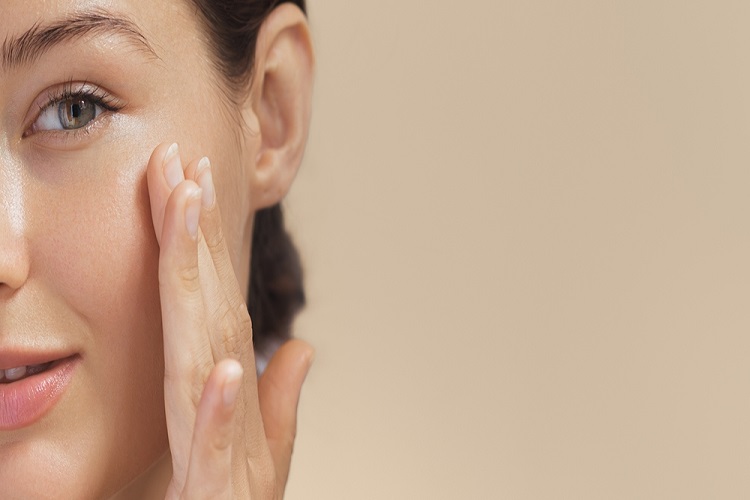Alcohol dependence can be a confusing and scary proposition. You might not know what withdrawal looks like. Sometimes, it can be difficult to know what actually comprises true dependence on alcohol as opposed to just heavy drinking. You might wonder what to expect if you think you drink too much and decide to cut back or stop. If your alcohol consumption is high enough, you might experience alcohol withdrawal when you reduce your intake.
You might experience symptoms because long-term, excessive drinking leads to dependence as well as increased tolerance. This tolerance results in excessive excitability from the central nervous system when alcohol is removed. Over the course of the drinking, the nervous system has sought to counteract the sedative effect of the alcohol. When the alcohol is removed, the system is very hyperactive.
Symptoms
The symptoms are largely central nervous system symptoms. The symptoms’ severity can differ from mildly inconvenient such as sleep problems and anxiety. Some more severe symptoms can involve hallucinations and delirium. Symptoms of withdrawal tend to begin between six hours and one day after the last alcoholic beverage. They can last for as long as a week. Alcohol withdrawal syndrome is typically diagnosed when one has two of the typical symptoms. These symptoms are autonomic instability, psychomotor agitation, nausea, vomiting, insomnia, hallucinations, anxiety, tonic-clonic seizures, and hand tremors.

How severe these symptoms are is determined by a set of considerations. The most relevant factors are how much alcohol one was drinking, how long one has been drinking, and whether he or she has a history of withdrawal.
Progression
The symptoms progress fairly rapidly, and they can be quite severe. Some of them can begin in as little as two hours. Because of the potential severity of the symptoms, someone should have ready access to a medical professional and treatment. This can be in the form of a hospitalisation planned before the cessation of drinking or a treatment in conjunction with a medical professional. An organisation such as Providence Project Private Rehab is an excellent and safe environment to detoxify.
The first symptoms are typically trembling, headaches, anxiety, vomiting, and sweating. These are the first central nervous system responses to the cessation of alcohol’s depressant effects. The nervous system is responding to no longer being inhibited. About twelve hours to a full day after the last drink, the condition could worsen. This is when confusion, tremors, and hallucinations set in. Typically, the hallucinating person is aware of the difference between reality and hallucinations. Between one day and two days after cessation, seizures are a distinct possibility. Also, the previous symptoms are still occurring. The seizures are the most life-threatening of the physical symptoms.
Typically, the symptoms begin to abate after two days. However, in the worst cases, they can continue to delirium tremens. This condition includes hallucinations that cannot be distinguished from reality. These symptoms can last for as much as two weeks. In this instance, the sufferer needs to be under the watchful eye of professionals who are trained to handle these circumstances.









Comments